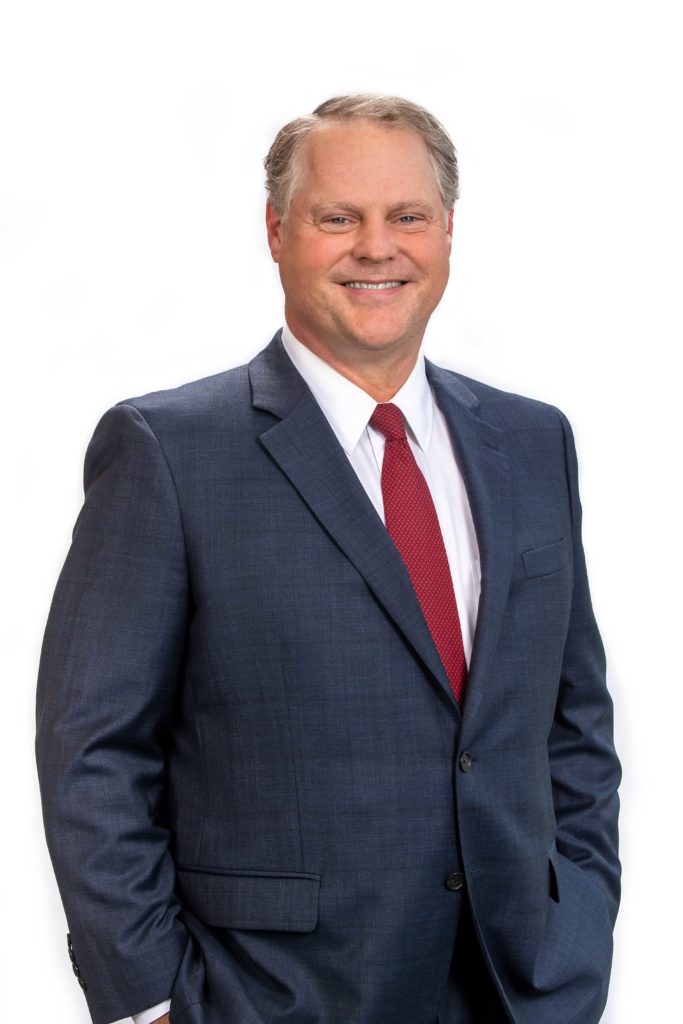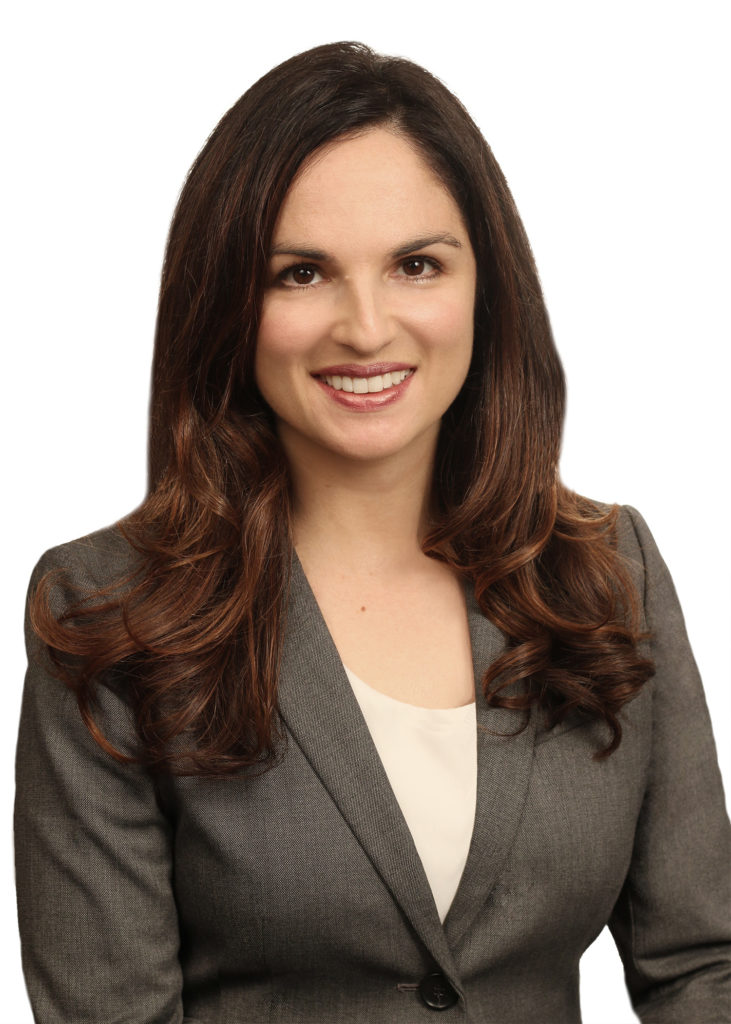Norton Rose Fulbright recently bolstered its regulatory and investigations capabilities with the addition of two ex-federal prosecutors.
Jay Dewald, a former assistant U.S. attorney in the Northern District of Texas, led the investigations and white collar defense practice at Jackson Walker prior to making the move to NRF, where he will serve as the firm’s head of healthcare investigations. Dewald is based in Dallas.
NRF also added Austin partner Julie Searle, a former assistant U.S. attorney in the Southern District of Texas who most recently was Walmart’s senior director of ethics and compliance. During her 10 years with the Department of Justice, she handled investigations on matters ranging from complex fraud, bribery, money laundering, worksite enforcement, human trafficking and public corruption.
Richard Krumholz, NRF’s global head of litigation and disputes, said the firm has identified its regulatory, investigations and white collar practices as strategic growth areas in the U.S. and around the world.
“Both Jay and Julie will add incredible value,” he said. “Our clients value our expanding team of former government lawyers, as they provide unique perspectives and insight into government investigations and enforcement.”
The Texas Lawbook caught up with Dewald and Searle about their decision to join NRF and the topics and trends they are watching closely.
Jay Dewald
The Lawbook: Why did you make the move to NRF?
Dewald: I was happy where I was and wasn’t looking to move. But, when I was approached with the prospect of leading a national initiative for one of the largest and most respected firms in the world, I felt like opportunity was knocking. Norton Rose Fulbright has deep Texas roots and a strong tradition of handling bet-the-company litigation. It also has one of the largest and most sophisticated healthcare groups in the world. The fit was clear.

The Lawbook: What are your goals as head of healthcare investigations?
Dewald: To get to know our clients and their challenges and concerns. To get to know the firm’s healthcare group partners and their practices. So much of helping clients in avoiding enforcement issues is digging into the details of their businesses. The healthcare group has such durable relationships with these clients, and such granular knowledge of the clients’ businesses, so I won’t have to reinvent the wheel in some regards. Obtaining both perspectives will be essential and I really can’t wait to get started.
The Lawbook: What are one or two of the most interesting matters you have handled in the past year or are currently handling?
Dewald: I represent many different businesses that have become entangled in civil qui tam whistleblower lawsuits and related government investigations. The government and qui tam plaintiffs’ lawyers are pushing very hard to expand the theories of liability beyond providers to investors and marketers. This area of enforcement is evolving rapidly and often involves very complex fact scenarios. It is very interesting to me to analyze a given situation, put together a game plan, and swiftly execute the plan.
That said, I am still a white collar criminal defense lawyer at heart. I recently represented the CEO of a rural hospital [Harris Brooks of Palo Pinto General Hospital] who pled guilty to participating in a healthcare fraud. He landed in Judge [John] McBryde’s court in Fort Worth, who we knew was exceptionally hard working and would consider all credible evidence presented. I’ve never worked harder on a hearing than this one. When Judge McBryde sentenced the client to probation, it was one of my proudest moments as an attorney.
The Lawbook: What is keeping your clients up at night?
Dewald: Uncertainty. Honest business folks often make decisions under complex circumstances amidst an ever-evolving regulatory environment. In my experience, the government should view these decisions from the individual’s point of view instead of scrutinizing them with the government’s 20/20 hindsight. Sometimes I wish that prosecutors were more circumspect in evaluating the facts themselves and scrutinizing their agents’ judgment before proceeding to indictment, which causes an almost indelible Scarlet Letter-type reputation stain. A lot of what I do is trying to correct the government’s viewpoint and, if that fails, helping a judge or jury correct it for them.
The Lawbook: How do you expect enforcement to change under the Biden Administration?
Dewald: I expect enforcement policy and activity to be similar to the way it was under the Obama administration (under which I spent most of my DOJ career). I expect increased scrutiny of the healthcare industry and corporate securities. I also think we will see increasing focus on civil rights issues.
Beyond the focus subjects, I expect the new administration to increase the use of parallel investigations to collect evidence and pursue remedies. For example, if a company becomes a defendant in a civil False Claims Act case, I think you will see criminal prosecutors take a harder look at the alleged fraud and any efforts to obstruct the investigation of that alleged fraud. I think the “Yates memo” that closed out the Obama/Holder DOJ will be the starting point for the Biden/Garland DOJ.
Julie Searle
The Lawbook: Why did you make the move to NRF?
Searle: I am excited to join the firm for many reasons. First, Norton Rose Fulbright has both a national and international platform which allows us to provide the highest quality of legal services to clients. Since the firm is organized along industry lines, we have a deep understanding of a client’s business. By being a member of the firm’s regulatory, investigations, securities and compliance group, I am able to draw from my private practice, government, and in-house experience to provide tailored business solutions.

The Lawbook: What have you learned from your experiences in-house and as a federal prosecutor?
Searle: The importance of providing pragmatic and timely advice which enhance the company’s business objectives in a cost-effective manner. It also critically important to proactively mitigate risk wherever possible.
The Lawbook: What are one or two highlights from your time at Walmart?
Searle: The opportunity to be a part of a world class ethics and compliance program and learning how to effectively incorporate ethics and compliance into everyday business operations and strategy.
The Lawbook: What are the hot topics or trends you are following closely?
Searle: Environmental, social and governance issues (ESG) with a focus on social issues, such as equity and social justice. In terms of diversity and inclusion, the incorporation of storytelling and transparency as well as manager training. I am also interested in ways companies can maintain an ethical culture that focuses on employee well-being, including the importance of employees having psychological safety in the workplace. I am always interested in exploring how to have a human centered approach to compliance problems, which includes rewarding and creating incentives for employees to do the right thing, every day.
